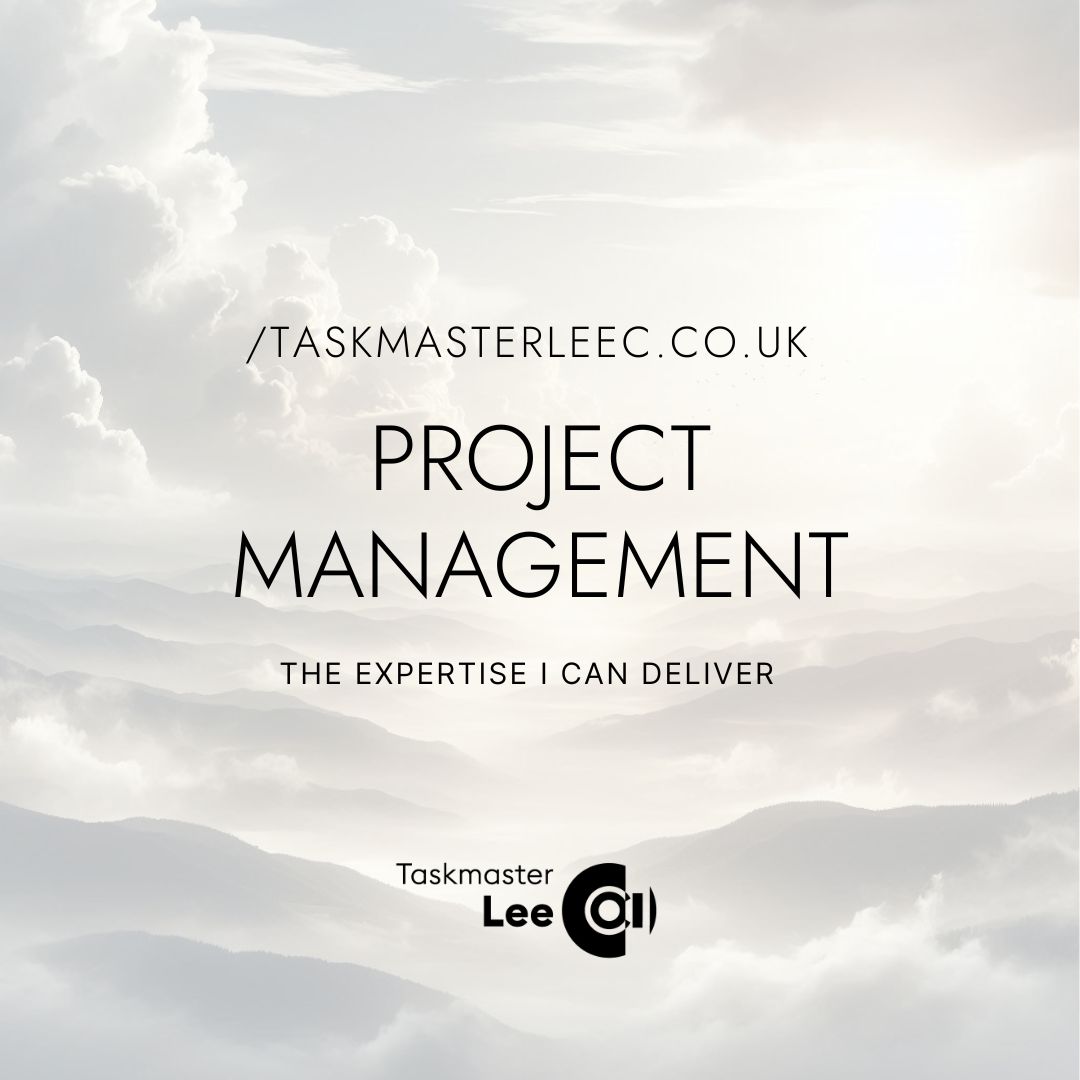Project Management: Mastering Key Components for Success
It should go without saying that effective project management is essential to remain productive—and more importantly, profitable. I mean, that’s why we’re in business, right? Project management isn’t a skill we’re born with. Sure, some of us lean toward it more naturally than others, but even once you know the theory, mastering it can feel just out of reach. And that’s okay.
I’m not going to lie—I get all googly-eyed and excited about running projects like clockwork (sometimes too much, to the point where I’m way ahead of the game). But when my 8-year-old shows me how to use the TV remote for the umpteenth time? Total brain shutdown. Some things we gel with, and others… well, we don’t.
Like it or not, whether you’re flying solo or leading a team, managing a project with clarity (rather than winging it) can be the difference between success and… well, not success. If your business is project-based and growing quicker than you can say project management, you need a system in place. Otherwise, you’re going to burn out fast. If that’s not part of your five-year plan, then read on!
Lucky for you, I have over 15 years of experience telling people what to do—erm, I mean, managing projects! Now, I’m using those skills in my virtual assistant business to help clients like you outline and streamline their project planning for smooth execution. So let’s get into it—here are the key project management elements I focus on as part of my business support services:
Project Planning
Define Goals
Where are you trying to get to? What’s the end game? Every project starts with a plan. When you define your goals and establish realistic timelines, you’re already halfway there. I’ve seen businesses set out with zero timelines—and guess what? Nothing happens. Or, by the time they finally get around to it, the paint has dried and is ready for a recoat. Then, there are those with no goals at all. The result? They float along, hoping for the best. Sometimes that works. Sometimes it’s a disaster. In both cases, it’s like drifting down a river with no paddle. By outlining the purpose of your project and setting clear objectives, you create a roadmap to guide every decision. Stick to the plan! I can help you create it.
Allocate Resources
Sounds simple, right? Yet, I’ve seen plans put in place with zero resources assigned to actually make them happen. That stockroom isn’t going to clear itself. If Joey Bloggs isn’t given time in his schedule to do it, it’s not getting done. Same goes for the money. If a project needs funding, it needs to be budgeted in—which might impact when it actually happens. Proper resource planning minimises confusion and frustration. It lays the foundation for a smooth execution.
Task Management
Breakdown Tasks
How do you eat an elephant? One bite at a time. Once the master plan is in place, the next step is breaking it down into actionable tasks. This makes it manageable instead of a cause for a heart attack. Dividing a project into smaller chunks keeps everyone focused on what matters right now.
Assign Deliverables
Every task needs a deadline. This makes sure everyone (or just you) stays accountable. Without clear deliverables, you’ll hear the same thing week after week: “I haven’t got around to it yet.” With deadlines and deliverables, you can pinpoint why things aren’t happening—and fix it. Then, my friend, you’re back on track.
Progress Tracking
Monitor Key Stages & Status
You don’t need a week-long meeting to check if things are on track. At the same time, you don’t want to be completely in the dark. The sweet spot? Check in on the key stages. If everything is moving smoothly, great. If something’s stuck, that’s what you focus on. A good work operating system (kept updated) lets you pull this info without bothering your team. This way, you can meet by exception—only when something’s off track.
Identify Roadblocks
As I mentioned earlier, if your business allows it, I’m a big fan of project management apps like Monday.com As a preferred partner, I can help you build a work operating system that practically organises itself.
Risk Management
Anticipate Potential Risks
No project is without challenges, but the key is seeing them coming. Risk management is about identifying potential issues and creating contingency plans before they become a nightmare. Sometimes, this means changing part (or all) of a process to handle new challenges.
Develop Contingency Plans
Plan for the best. Prepare for the worst. Being proactive ensures that when surprises happen, you handle them smoothly. I’ve never run a project that didn’t have issues—but when you plan ahead, you don’t let them derail you.
Team Collaboration
Facilitate Communication
The #1 project killer? Poor communication. I’ve lost count of how many times I’ve heard: “Nobody told me that!” It’s nobody’s fault—keeping everyone informed is hard. The solution? A solid work operating system that keeps communication flowing—without wasting time in unnecessary meetings.
Ensure Goal Alignment
A single source of truth—whether a CRM or project management tool—keeps everyone aligned and focused. If you’re juggling multiple projects, a CRM for your business could be worth its weight in gold.
Lessons Learned
Evaluate Outcomes
No project is truly complete without reflecting on it. What worked? What didn’t? This is golden insight for future projects.
Implement Lessons For Future
Success isn’t just about what went right—it’s about learning from challenges to refine strategies and make each project better than the last.
Final Thoughts
Project management is both an art and a science—and not everyone has the stomach for it. If you need structure, clarity, and expert support, I’m here to help you manage your projects smoothly from start to finish. Let’s turn your ideas into achievements.

Would your business benefit from some project management support?
Let’s see what we can do together!

